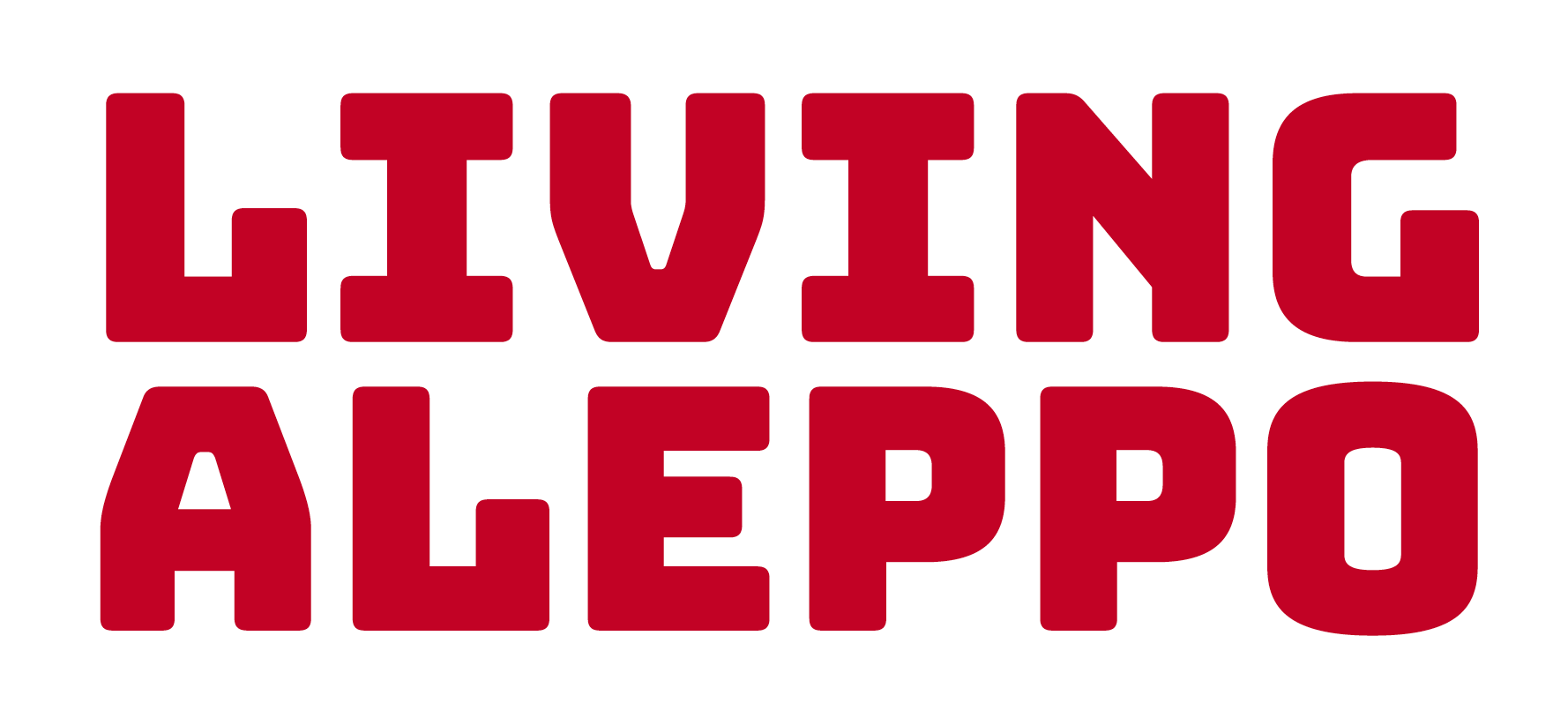Jawdat (23)
When I was 17, I moved from Jarabulus to Aleppo, to study the Buzuk at the conservatory. Jarablus is located northeast of Aleppo, close to the Turkish border. I grew up with my seven brothers and sisters, and my parents. My mother was a housewife, my father worked in import and export to Turkey. It was always a warm family, and we still maintain our close family bond intensively, despite the fact we are now scattered all around the world.
By the way, I never did study at the conservatory in Aleppo. In Syria, you are not selected based on talent, but based on government connections. No matter what musical talents you have, without connections, you can't study. Instead I studied philosophy.
But after more than a year, the revolution began. It was safer for me to stop my studies and go to Turkey. This because the police was looking for me because of my participation in student protests against Assad. I lived in Turkey from June to September 2012. Then the Free Syrian Army secured Aleppo and I could return.
In 2014 I decided to leave Syria for good. I went to Turkey, where I lived for about a year. I met a Syrian lady who lived in the Netherlands. She was in Istanbul to get her son to the Netherlands too. She was desperately looking for help. I decided to help and take the boy, then 8 years old, with me to the Netherlands.
This turned out to be a long and tough journey that began in a rubber boat set to Greece. Together we walked for days to reach the Macedonian and Serbian border. By train, taxis and more trains we finally arrived in Ter Apel, and thus the end of our trip. My travelling companion is now with his mother and I am living on my own in Zwolle.
What I miss most about Syria? Our busy, cosy and welcoming parental home. Dutch hospitality is different from that in Syria. A very precious memory I have is about our guesthouse.
I am from the countryside, where all the houses have a guesthouse. My father's guesthouse was 15 x 5 meters. The door was always open to everyone. Even for strangers. Everyone is free to stay there for three days, to eat and drink, to shower and to sleep. It's not a hotel of course so guests stick to the rules of the house.
My mother always had me check the guestroom around meal time. If there was someone there, I came to tell them: The food is ready, are you coming for a meal? Hospitality is of great importance in our culture, you have to take care for each other. That is why we have big families.
Syria is not a welfare state. So it’s important to have a big family. The government doesn’t support you with anything, so we support each other. We help each other with shelter, practical stuff or money. If I didn't have such a big family, I would not be able to study.
We are each other's safety net. If my brothers and sisters can't help, I ask uncles and aunts. See it as self-insurance. For example, we take care of each other's hospital expenses. Together we can stand up to oppression, even if there are soldiers that want to take something away from us. As long as they are with a small group, we can often negotiate as a group. On your own you can't do anything about those soldiers, and they can just come into your home and take anything.
Without the help of my family, I wouldn't be in the Netherlands either. Without their support, I wouldn't be preparing for a degree at the conservatory in Zwolle."
